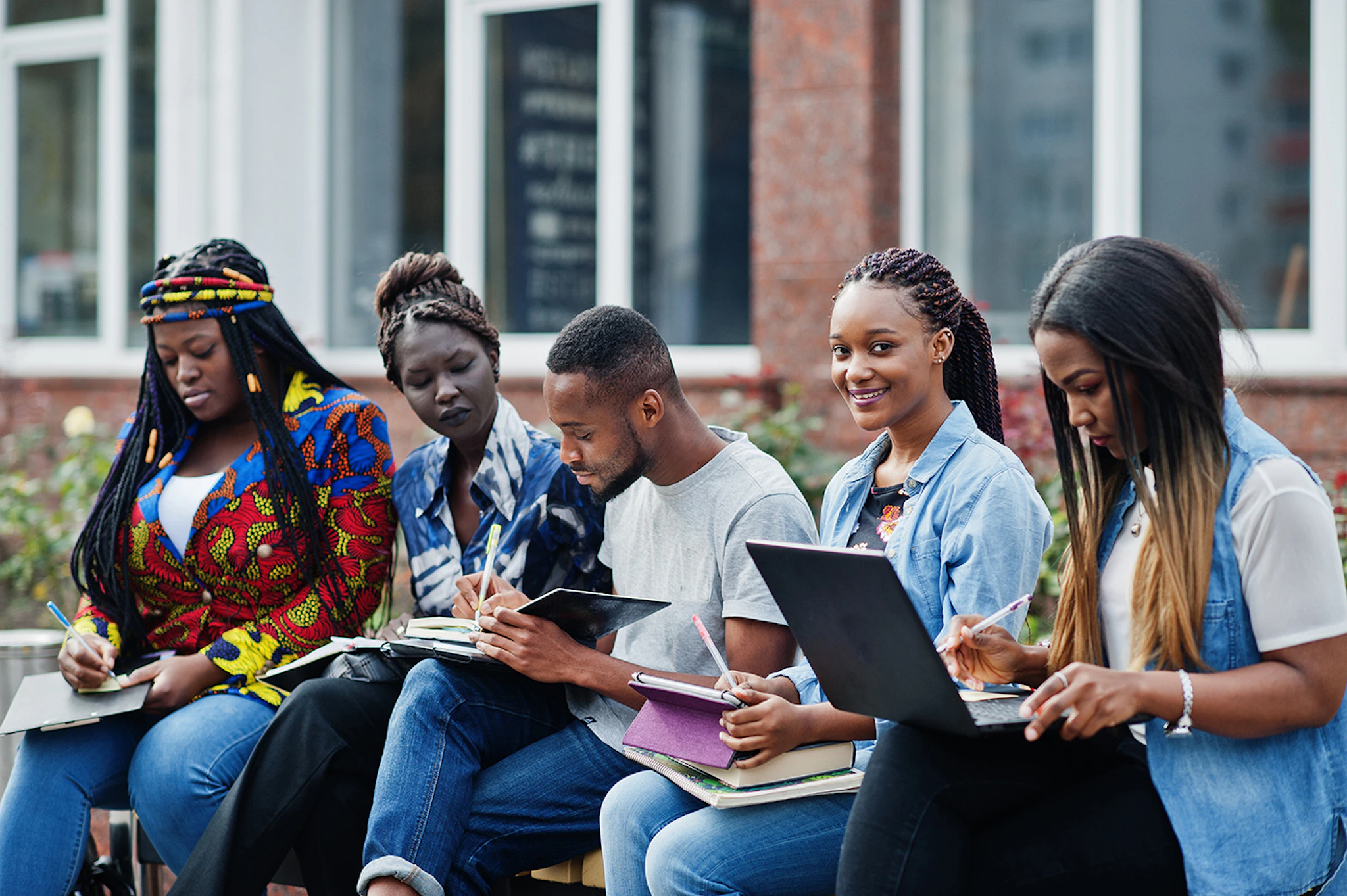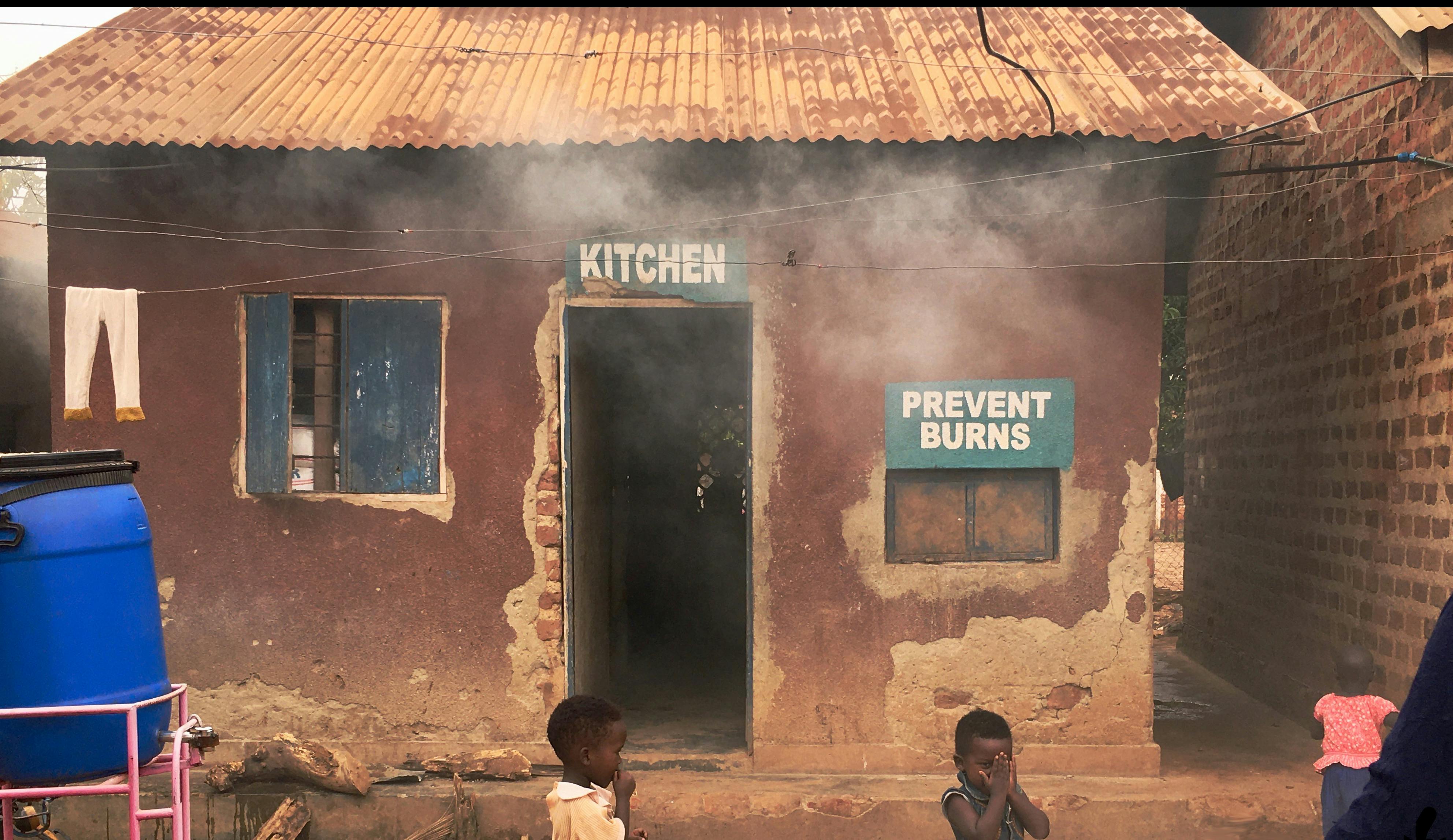As leaders gather in Nairobi for Africa Climate Week 2023, attention will fall on the voluntary carbon market’s potential to contribute not only to global net zero, but also to support development objectives and deliver revenues.

Projects that issue carbon credits are already making a difference. Independent shared value calculations show that Gold Standard accredited projects have led to $16bn worth of co-benefit when you consider factors like biodiversity, employment, livelihood and health impacts.
Yet there is scope for so many more emission reductions, and so much more sustainable development. Out of total credits issued worldwide between 2016 and 2021, only about 11 percent stem from African countries. It is estimated that Africa currently generates only around 2 percent of its annual potential of carbon credits.
Carbon credits already make a difference. In Uganda the Simoshi social enterprise counters the 19,700 annual deaths from poor air quality caused by using 3-stone fires for cooking. They install cleaner, healthier, and environmentally friendly cooking technology in schools, saving money, forests, emissions and improving health. Carbon credit revenue allows them to install the stoves and maintain them for 10 years. The project has a verified contribution to nine of the UN’s Sustainable Development Goals, including SDG3 – Good Health and Well-being, SDG4 – Quality Education, and SDG8 – Decent Work and Economic Growth.
These benefits are not an accounting exercise, they change lives. According to Hasadu Kilabira, the Director of City Junior School in Kampala, since installing the stoves the smoke that was significantly affecting the staff and students has been eliminated. This has resulted in improved health for teachers and students and fewer absences. The smoke-free rooms mean students can see the teaching boards more clearly and minimizes classroom disruptions. The school has also reduced firewood use from three to one truck per term, saving money which can be used for things such as new books, writing materials and computers.

A changing regulatory environment
Governments globally are leaning towards regulation of the carbon market. Ecuador, Kenya, Indonesia, Nigeria, Tanzania, Zambia and Zimbabwe are all either introducing, or intending to introduce, new regulations or frameworks to ensure the retention of benefits within communities. Governments are developing policies to preserve local citizens such that benefits accrue to them through existing carbon market activities, and they are not injured by unfair pricing. We know the carbon market can deliver real benefits to individuals as well as the planet. When considering greater involvement in, and regulation of the carbon market, Governments can support the development of beneficial projects if they:
- Ensure clarity by clearly communicating, timely and well considered long-term plans that provide project developers, investors and financiers with the certainty they need to invest.
- Build a supportive regulatory environment with new regulatory frameworks that can support both local benefits and greater investment aligned with national priorities.
- Support local talent that fosters a new generation of market experts to build local capacity. Africa is a diverse and dynamic continent, local experts will ensure that market actors can participate, and lessen the reliance on international consultants.
- Promote shared benefits by incentivising private capital towards identified investment areas that would otherwise remain underserved. This can help maximise shared benefits for project developers, local communities, and the national government.
- Build on best practice by looking at what has worked over the 20+ year history of the voluntary carbon market, learning from – and working with – those who are best at delivering for communities and the climate.
By introducing well-designed regulations and frameworks governments in Africa and around the world can help communities benefit both from the finance that comes from carbon markets, and from the sustainable development outcomes it can bring.
Harnessing Africa's Carbon Market Potential

Africa's carbon market offers a powerful means to address climate change and uplift communities. The tangible benefits seen in the projects in across Africa highlight the potential of carbon credits, both environmentally and socio-economically. As regulations evolve, governments have the opportunity to address current challenges and meet national priorities by crafting policies that prioritise local needs and ensure sustained advantages. By championing local expertise and fostering shared benefits, Africa can realize the carbon market's dual promise for its people and the environment.
The Africa Carbon Markets Initiative, supported by SEforALL and GEAPP, is an Africa led endeavour to support Africa’s leadership in the global carbon marketplace in ways that promote justice, equity and inclusiveness.
If you would like to buy carbon credits from Simoshi they are available on Gold Standard’s marketplace.
